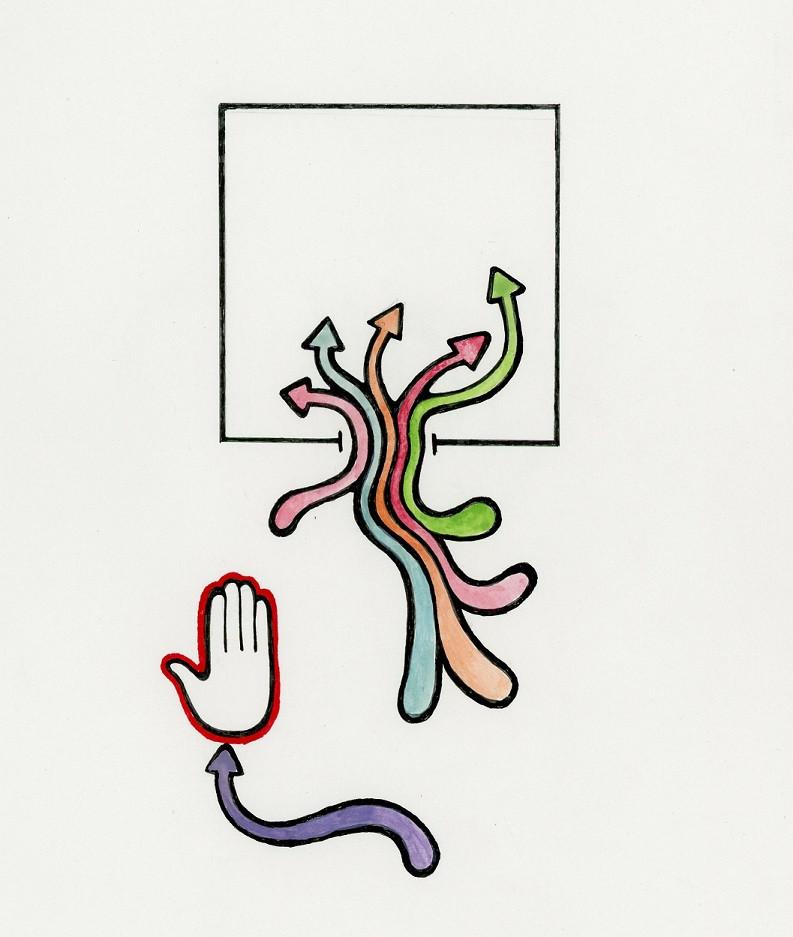Halfway to Somewhere
Taking back our libraries
Like many other introverts and book lovers, I have fond memories of public libraries from a young age.
I remember writing some of my first poems while looking out the giant wall of windows in the Millennium Library. I would sit there and romanticize how libraries are one of the few remaining spaces I could go and sit for a while without having to spend money. I’ve passionately defended the importance of public libraries in the digital era and have frequently dreamed about all the social good I thought these institutions could inspire.
So when the Toronto Public Library decided to host an outspokenly transphobic speaker, I felt both heartbreak and a sense of personal betrayal.
Closer to home, the Millennium Library introduced new security measures in February 2019, which seemed to be a nefarious way to bar access to the space for lower-income and racialized people who might just be looking for a place to stay warm.
What is happening to these spaces that once seemed so welcoming?
I can’t think of the restrictive security measures in the Millennium without connecting them to broader trends of barring access to public space for the disenfranchised. From hostile architecture (space that is designed to make it more difficult for people who are homeless to find places to rest) becoming more common, to increased security patrols and surveillance in Winnipeg, it seems like there is less and less public space that feels welcoming for people. It’s heartbreaking to see public libraries also participating in this surveillance culture, which relies on assumptions of what kind of bodies are considered “acceptable” and who gets to access public resources.
The situation at Toronto Public Library holds some similarities to the security issues at the Millennium. Toronto Public Library has defended its decision to continue with the event, arguing they are defending “free speech.” I had hoped that – at this point – there was at least some public agreement that “free speech” does not mean that all speech is equal. Institutions must make choices when they host public figures. If they choose not to give a platform to someone promoting hate speech, I do not believe they are not infringing on rights to free speech but instead are making a choice not to amplify that speech.
By hosting this kind of event, Toronto Public Library has decided what kind of voices it values and who can feel safe going there. As a trans person myself, I can’t imagine feeling comfortable going to that library after knowing those who direct it chose to give a platform to someone who opposes my human rights.
There are so few public spaces people can visit without being expected to spend money. These communal spaces are important, and they must be made accessible to those who need them. By giving platforms to transphobic speakers and creating restrictive security measures without community consultation, the Millenium Library and Toronto Public Library are sending out the message that their spaces are not truly public. These spaces must be protected. Public access to things like washrooms, information, places to sit and rest, places to sleep should be available for anyone no matter what.
Groups in Winnipeg like Millennium For All as well as Winnipeg Police Cause Harm are actively critiquing security culture, which does more to bar access to certain kinds of bodies. In Toronto, hundreds of protesters showed up to support trans rights and denounce the transphobic speaker. These initiatives give me hope that there is a will to defend access to public space and to focus on safety through community relationships and solidarity instead of increased police presence and private security.
Jase Falk is a non-binary femme, student and writer who lives on Treaty 1 territory.
Published in Volume 74, Number 9 of The Uniter (November 7, 2019)







